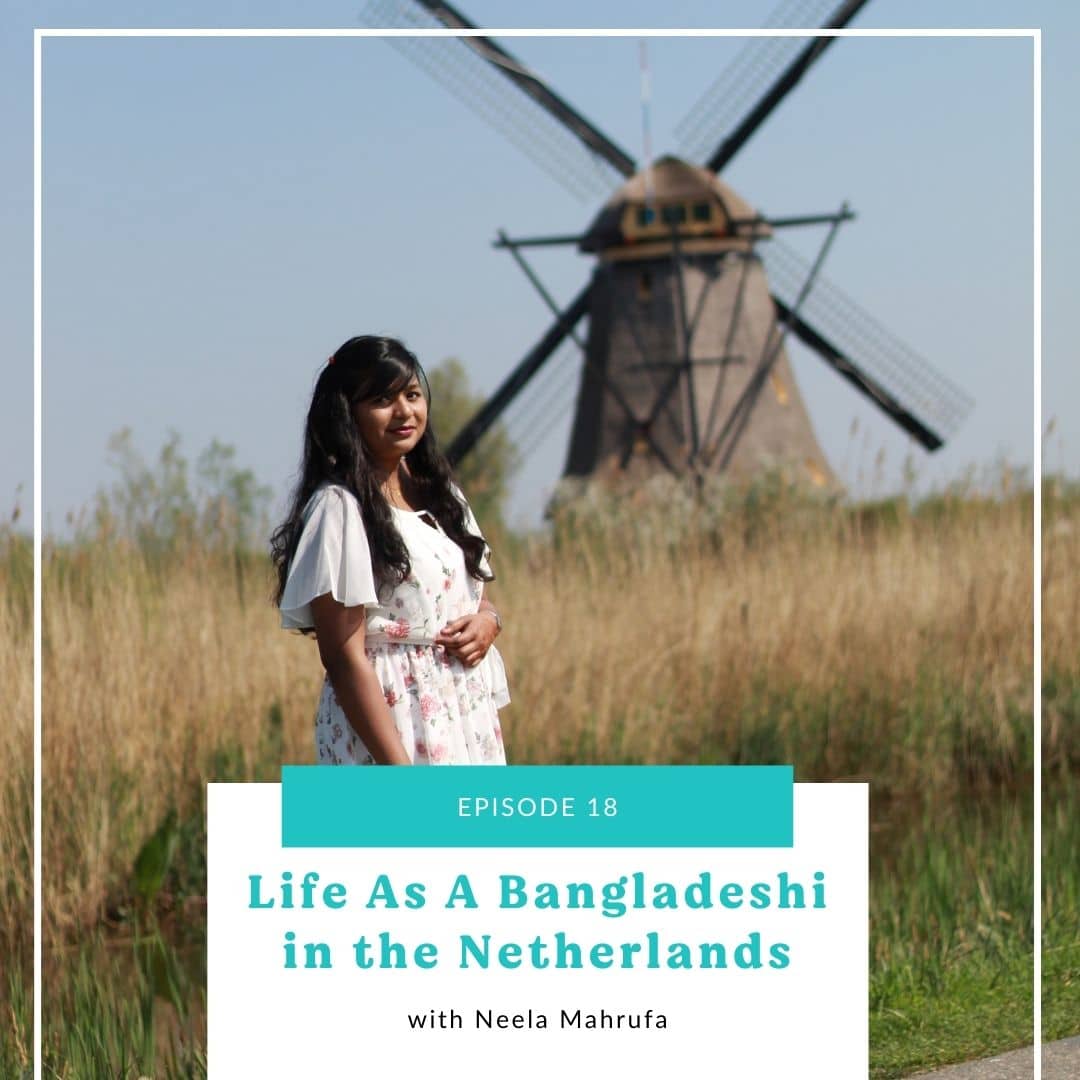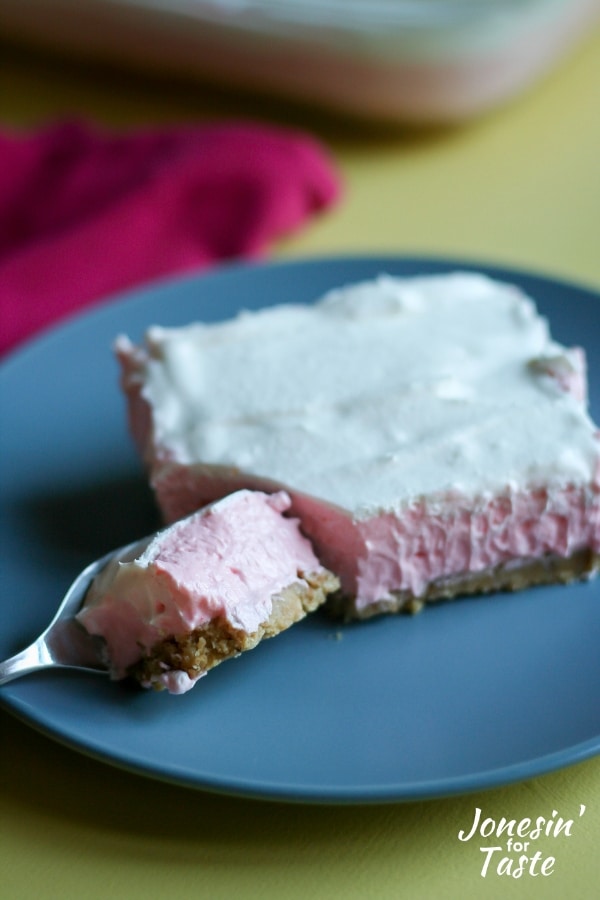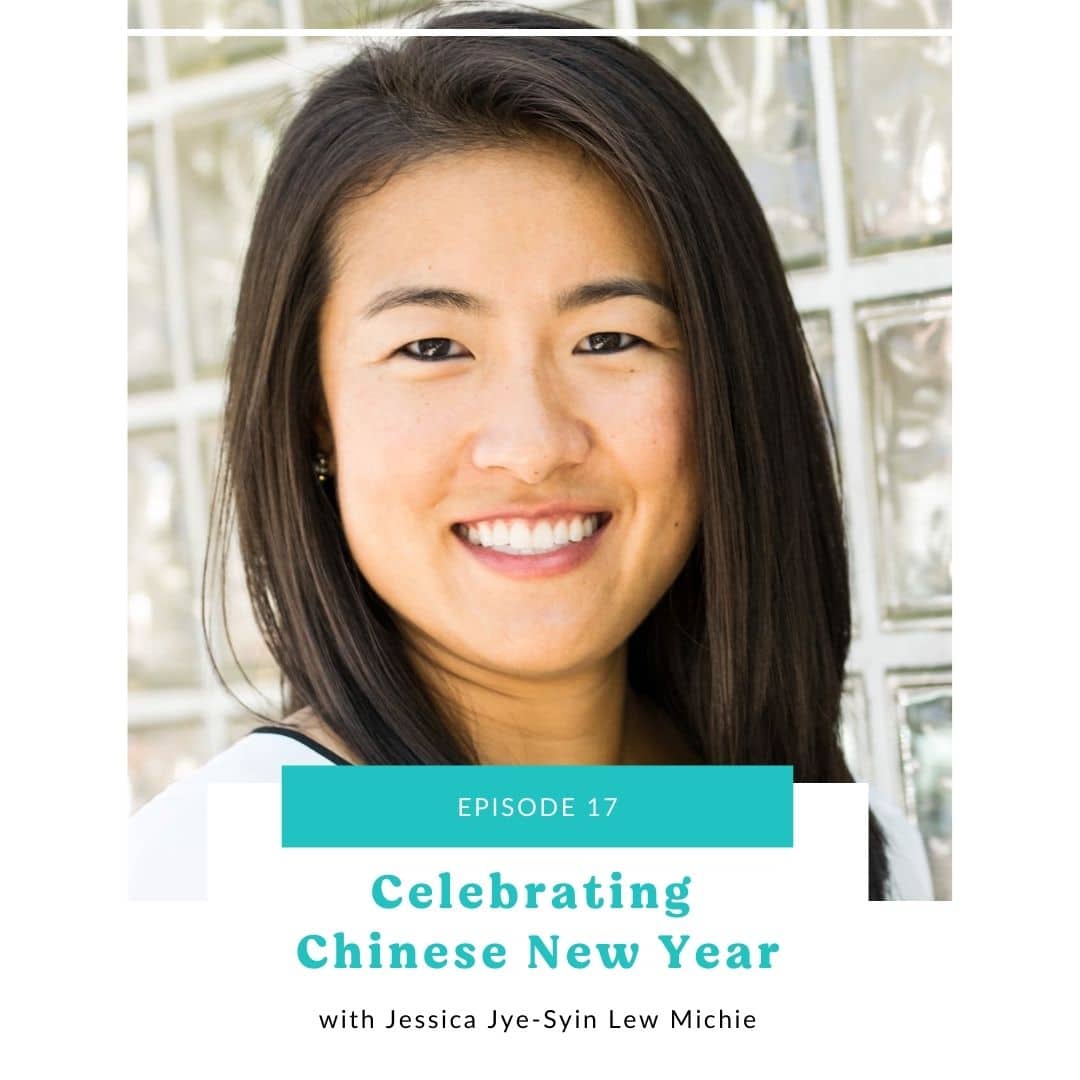08: Exploring Hawaiian Culture
Hawaiian culture is so much more than just the food, music, or dance and Relle Lum shares some of her thoughts on what truly defines Hawaii.
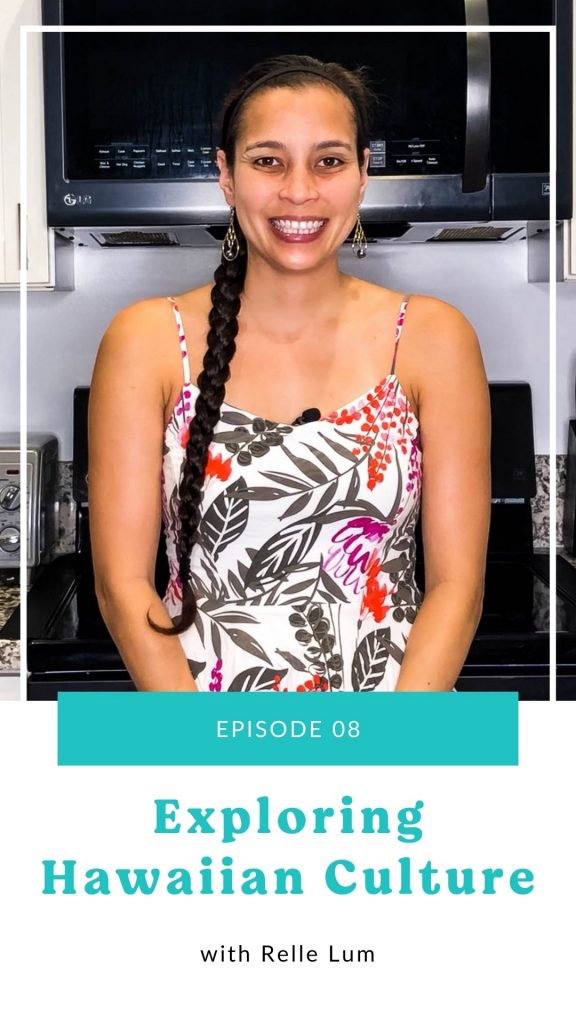
Although I grew up with Hawaiian culture, growing up outside of Hawaii means that the Hawaiian culture I know is different than the culture for someone who actually grew up in the islands. So my friend Relle from Keeping It Relle agreed to come on and share some of her perspectives on Hawaiian culture.
On this episode we discuss:
- What Hawaiian culture looks and feels like
- The good and the bad of living in Hawaii
- What best defines Hawaiian culture
As a supplement to this podcast episode I also have a Hawaiian culture virtual field trip for kids so that you can share a deeper look at Hawaii with your children. If your children love the movie Moana, you can also take a separate virtual field trip on Polynesian Wayfinding.
Table of contents
What does Hawaiian culture look and feel like to you?
Hula and music are such an integral part of the culture and are the most visible aspects to the world but it goes so much deeper than that.
Relle said, “Being Hawaiian is not only my ethnicity, but it is my way of life. Especially here in Hawai’i. It’s the food, the people, the love and care we have for one another, the values and everything in between.”
“It’s the love we have for one another and not necessarily your family or friends, it’s your neighbors, it’s your strangers at the grocery store, just everybody takes care of each other no matter who you are”
There is a great pride in our heritage and the ways of our ancestors. There was a time when living the Hawaiian culture was not only oppressed but forbidden. Hawaiians were forced to maintain the culture in secret and on the side.
In the 1970s there was a huge resurgence of the Hawaiian culture and Hawaiians actively worked to not only preserve their heritage but to actively share it with the world. Now there are many resources available online. Kamehameha Schools have fantastic resources for learning and there are now ways to learn Olelo Hawaiian (the Hawaiian language) as well.
One thing that I have learned as we have tried to connect with our Hawaiian heritage is that it is never too late to learn and that no matter what your heritage, it is worth learning more about it to preserve it and pass it on to future generations.
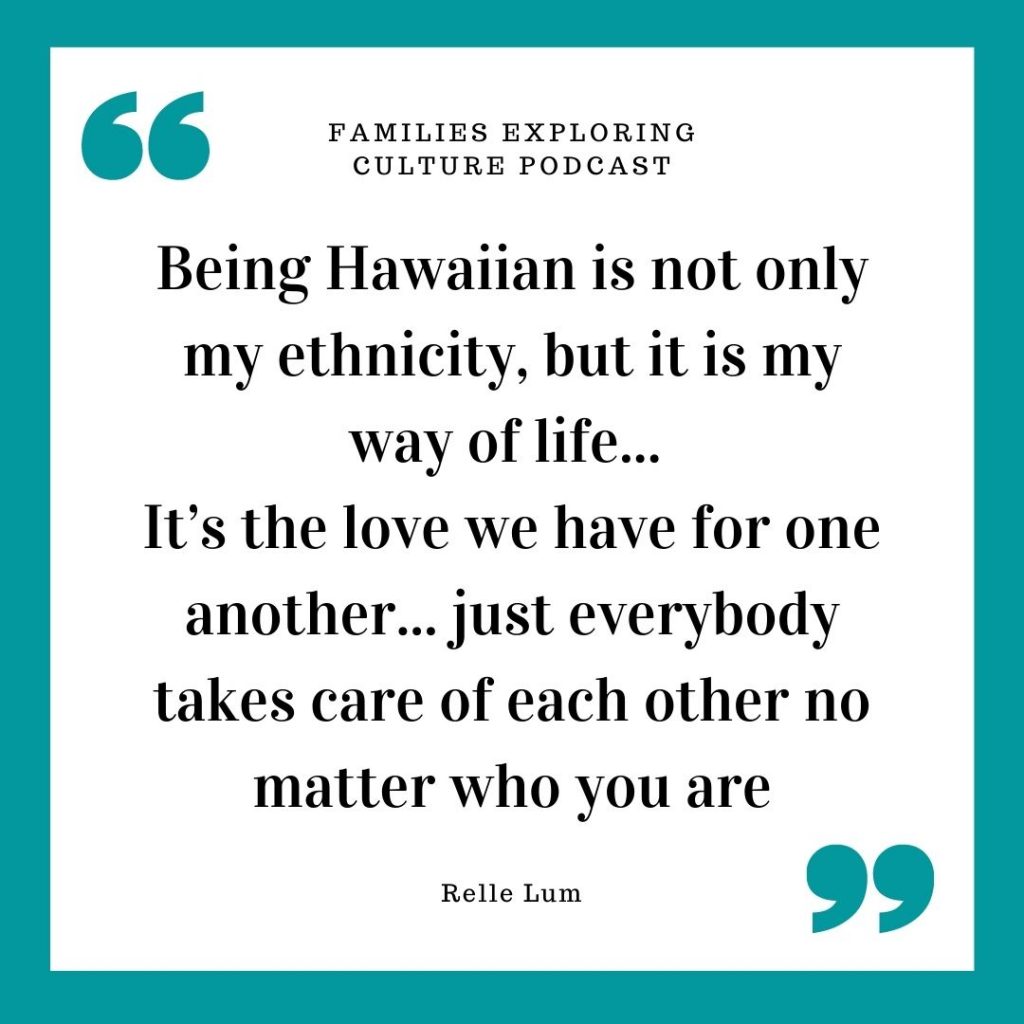
What do you love about living in Hawaii?
The people and the food. Such a diverse group of people with aloha that you can’t find anywhere else. There is a culture of helping and kindness that is pervasive in everyday life. No one has to tell you to do it, it’s just part of how you are raised.
The food is so much more than Kalua Pig, Lau Lau, or Lomi Salmon. It is a blend of the cultures that came to work the sugar cane and pineapple plantations- Japanese, Chinese, Filipino, Portuguese.
When these plantation workers were all sitting together to eat lunch, they had no common language and the thing they could share was their food. The food of Hawaii has benefitted from that sharing where the favorite parts of each style have blended into one. Eventually pidgin, an English based Creole language, became the common language they shared.
Food is a central part of Hawaiian culture. It is meant to be shared and there is always enough for everyone to have at the party and some to take home afterwards.
Hawaii is also so diverse with nationalities represented from all over the world where the communities all represent that blend.
What is hard about living in Hawaii?
The cost of living is high. Food is expensive, gas is expensive, and although it makes sense because Hawaii is an island, it can be difficult. Medical care is limited at times and often specialty care patients need to be sent off the island.
When you come from outside, it can be difficult to adjust to, but knowing what some of the challenges can be can help you prepare for them.
What do you feel best defines Hawaiian culture?
For Relle, ohana is what best defines Hawaii. Ohana means family, but it is so much more than your immediate family. It is your friends, your neighbors, those who are older than you. Everyone older is auntie or uncle, you smile at people, you say hello. The community is your ohana.
The people and the traditions- the food, music, and dance. These are worth passing down but the values and virtues are what is the most worth preserving.
Thank you for joining me on this journey! Happy exploring!
Other episodes you may like:
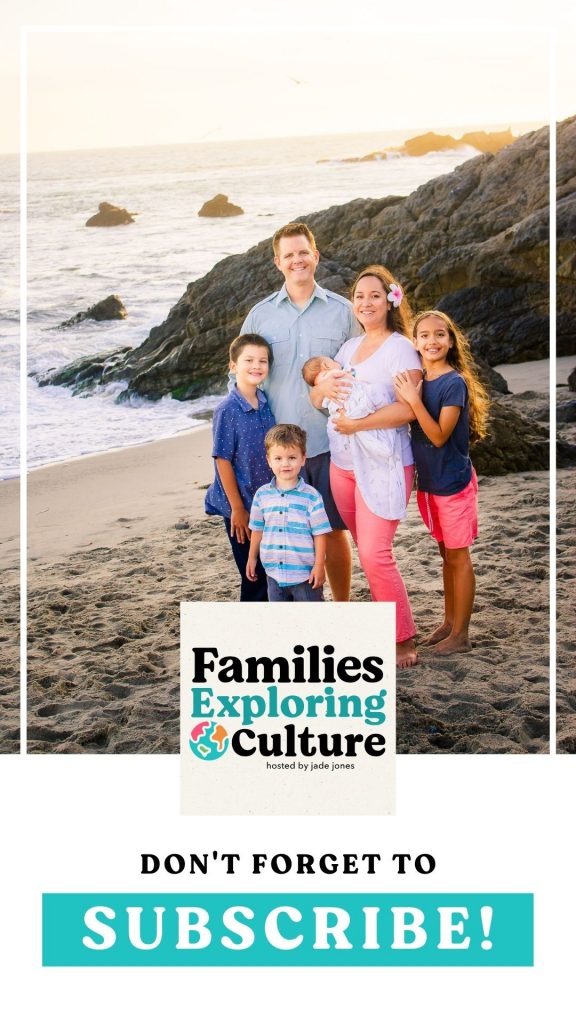
Listen to this episode
Show notes links
Relle is a wife, mom of 2, and nurse practitioner in the beautiful state of Hawai’i. She runs Keeping It Relle, a place where she likes to share all her favorite island and Hawaiian style recipes for the home cook. You can find her on
-Instagram @keeping.it.relle
– YouTube www.youtube.com/keepingitrelle
– Facebook www.facebook.com/keepingitrelle
– Pinterest www.pinterest.com/keepingitrelle
– TikTok @keepingitrelle
Additional Readings
https://www.nytimes.com/2019/06/28/opinion/sunday/racism-hawaii.html
https://www.huffpost.com/entry/hawaii-land-westernization_n_5afc9c72e4b0a59b4e003a35
https://www.polynesia.com/culture-of-hawaii
https://www.nps.gov/locations/hawaii/heritage.htm
Hawaiian language resources: https://www.kaahelehawaii.com/hawaiian-language-resources/




